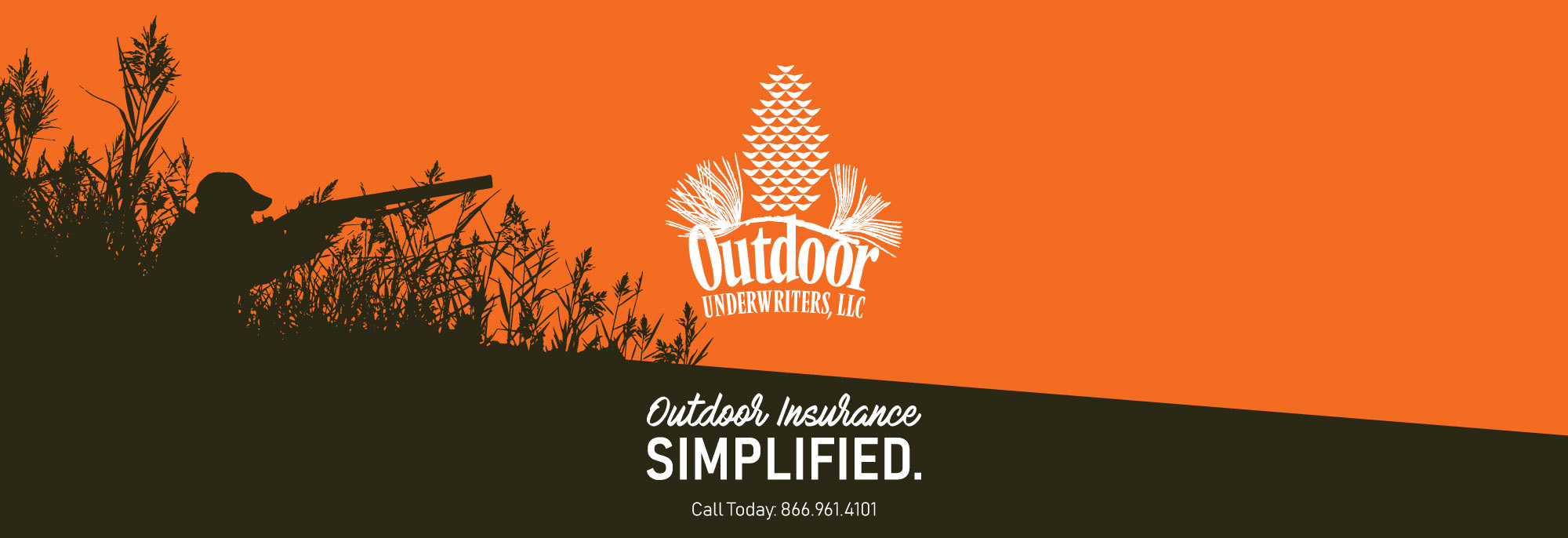Liability Insurance Protects From Lawsuits
Formalized hunting clubs and land leases are very common throughout the country. As private landowners continue to promote hunting leases and our society remains litigious, both landowners and hunters need to consider their legal liability. These concerns are valid as both landowners and hunters assume some degree of legal risk.
Over the past 10 years, liability insurance has become a Standard hunting lease requirement. In many cases, private and corporate landowners actually require liability insurance before the hunting lease is finalized.
Although frequently required, this insurance is often misunderstood. Simply stated, liability insurance is designed to provide coverage for hunting clubs and their members for acts which they could be held legally responsible. The main misconception with hunting liability insurance is the basic intent of liability. This type of insurance coverage is not for accidents that necessarily occur to you - it is designed to protect you from accidents that harmed someone else and you might be held responsible for that injury. (A simple guideline is: can you be sued by someone for that person's injury?)
Liability is based on common law or negligence. Common law looks at it as: You have a responsibility, you failed in that
responsibility, and that caused a person to be injured or harmed. If an injury occurs to you because of your own actions, a liability policy is not the appropriate coverage for this kind of accident. (You can't sue yourself)
If you want coverage for your own accidents, you may want to consider an accident policy for your members.
The driving force for hunting liability insurance is landowners who are concerned about their responsibility for liability from a hunting club leasing their property. It has been a standard corporate practice for landowners to require liability insurance for anyone that is working on their property (consultant foresters, logging contractors, or other contractors). Hunting club liability is an extension of this coverage technique.
The landowner wants to cover their liability from the hunting club leasing the property. This coverage would respond for accidents caused by you to another person (a third party). As a named insured the hunting club will also have liability protection for accidents caused to a third party.
What is a General Liability Policy?
In most cases, a general liability (GL) policy is constructed based on a standard ISO (Insurance Services Office) form. This form provides the foundation for very broad liability protection for landowners and hunting clubs. Although it is considered a standard form, the wording can be confusing. Unlike a normal property insurance policy that describes what is covered; the general liability policy explains what is not covered. Such policy construction leads to confusion and misunderstanding about the numerous coverage's available under this GL form.
The GL insuring policy agrees to pay for "those sums that the, insured becomes legally obligated to pay as damages because of bodily injury or property damage to which the insurance applies. We will have the right and duty to defend the insured against any suit seeking those damages…”
This is a very broad statement that could potentially provide liability protection to an insured for anything the entity is legally responsible for. Without exclusions this insuring agreement would be considered so broad that it would be either too expensive or unavailable in the market place. Thus, even though the GL form is very comprehensive it is shaped by what exclusions are present on the policy.
For landowners and hunting clubs, it is very important that additional exclusions are added that limit the normal hunting club/timberland owner’s activities.
Elements of general liability insurance forms for landowners/hunting clubs should include:
- Member-to-member liability coverage for cross-member liability claims.
- Guest liability coverage to provide coverage to the club for acts of their guests.
- Landowners as additional insured must have coverage for acts of the hunting club.
- No exclusionary endorsements should be present for activities specific to timberland or hunting operations such as tree stands, ATVs, firearms, logging and lumbering, and/or fire.
Hunting club liability insurance is designed to lessen the risk associated with occurrences caused by the hunting club (or members and guests) and landowners. Clearly, all hunters and landowners should be aware of the risks they take by not having adequate liability insurance.
It's simply not worth risking all of your personal assets or your family's security due to unfortunate accidents or acts of your hunting club members/guests.
